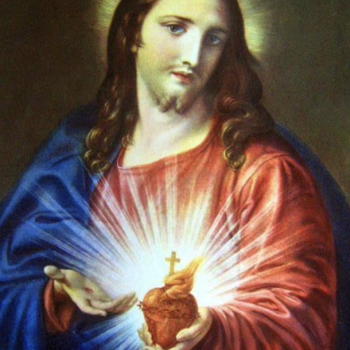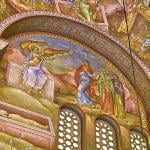Some people today point to a golden era in church history where everyone got along. This golden age simply did not exist. Within the pages of the New Testament there are many accounts of warring factions vying for the authoritative interpretation of who and what Jesus was and what and how Jesus did whatever it was that Jesus did.
The theological discussions within the church in the earliest days were ugly.
Sometimes the fights were conflicts in personality or preference, but more often the conflicts were between contrasting worldviews.
There was a clash of two worldviews within the early church and how those worldviews were resolved would forever change how Christians spoke about God. On the one hand there were Greek thinkers, who looked to Greek philosophy to form their ideas about the world and God. On the other hand there were those influenced by Hebrew though. These believers drew from a Hebrew worldview of God and history.
Many of the Greek thinkers were deeply influenced by the ideas of Platonism. They believed that our physical existence was simply a shadow of a higher reality and God was a unchangeable force so beyond the world that nothing we could do could ever impact God’s mind or heart or decisions. They did not see the death of Christ as something that impacted God, but rather something that impacted man. Sacrifice was something that you did in order to make yourself welcome with God. It was the fulfilment of a vow (The Other Christs, Moss). Sacrifice was a gift.
The Hebrew understanding was somewhat different. God was seen as personal and involved in the life and History of humankind, in particular the life of the Jewish people. God was at work in the world seeking to accomplish a goal. As his people walked in ways contrary to the plans that God had instructed them in they were required to sacrifice. This was not seen as much as an act that was only impacting the giver, but they actually believed the sacrifice could touch God in some way. Sacrifice was expiratory and propitiated a wronged deity (Gorday. Origen’s Theology of The Cross, 108).
For there to be any serious consensus on what the Cross actually did there would have to be a great deal of thinking within the Early Church.

















